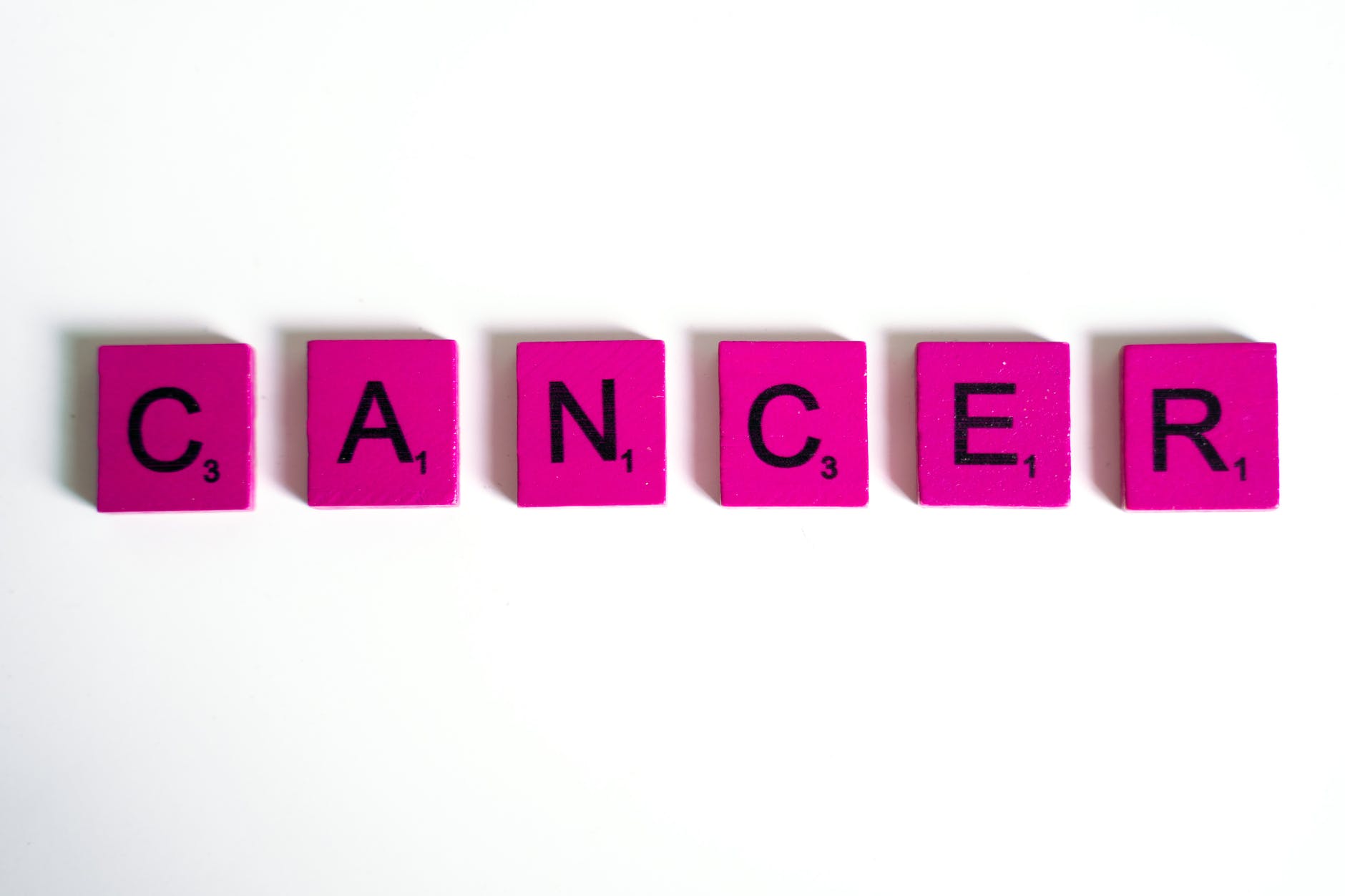Cancer

Unraveling Cancer: Causes, Symptoms, Treatment, and Prevention
Cancer is a multifaceted and intricate medical condition that affects millions of lives across the globe. Understanding its various aspects, from causes to treatments, is crucial for both individuals and society as a whole. In this article, we will navigate through the complexities of cancer, offering you insights, advice, and guidance on its prevention and management.
Introduction: A Glimpse into the World of Cancer
Cancer, a term often met with trepidation, refers to a group of diseases characterized by the uncontrollable division and growth of abnormal cells in the body. These cells can invade nearby tissues and spread to other parts of the body through the bloodstream and lymphatic system. The diversity of cancer types and their distinct behavior make it a challenging area to comprehend fully. But fear not; we’re here to break it down for you.
What is Cancer?
Cancer is a complex disease that occurs when the body’s cells start to grow uncontrollably, forming a lump or mass of tissue called a tumor. These tumors can be benign (non-cancerous) or malignant (cancerous). Malignant tumors have the potential to invade nearby tissues and spread to other parts of the body.
Causes and Risk Factors
The causes of cancer are multifactorial and can include genetic mutations, exposure to carcinogens, lifestyle factors, and certain infections. While some individuals may have a genetic predisposition to cancer, environmental factors like smoking, poor diet, and excessive sun exposure can significantly increase the risk.
Common Types of Cancer
Cancer can affect virtually any part of the body, leading to a wide range of cancer types. Some of the most common types include breast cancer, lung cancer, prostate cancer, colorectal cancer, and skin cancer. Each type has unique characteristics and requires specific approaches to diagnosis and treatment.
Signs and Symptoms
Recognizing the early signs of cancer is essential for timely diagnosis and treatment. Symptoms vary based on the type and stage of cancer but can include unexplained weight loss, persistent fatigue, changes in the skin, unusual lumps, and persistent pain. Regular medical check-ups and self-examinations are crucial for early detection.
Diagnosis and Staging
Accurate diagnosis and staging of cancer are critical for determining the appropriate treatment plan. Diagnosis often involves imaging tests, biopsies, and laboratory analyses. Staging helps determine the extent of cancer spread and guides treatment decisions.
Treatment Options
Cancer treatment approaches have evolved significantly over the years. Common treatment modalities include surgery, chemotherapy, radiation therapy, immunotherapy, targeted therapy, and hormone therapy. The choice of treatment depends on factors such as cancer type, stage, and the patient’s overall health.
Supportive Care and Side Effects
Cancer treatments can come with a range of side effects that affect a patient’s quality of life. These may include nausea, hair loss, fatigue, and emotional distress. Supportive care, including pain management and psychological support, plays a vital role in improving the well-being of cancer patients.
Preventive Measures
While not all cancers can be prevented, adopting a healthy lifestyle can significantly reduce the risk. This includes avoiding tobacco products, maintaining a balanced diet rich in fruits and vegetables, staying physically active, protecting your skin from the sun, and adhering to recommended screenings.
Advancements in Cancer Research
The field of cancer research is continuously advancing, leading to groundbreaking discoveries and innovative treatments. From targeted therapies to personalized medicine, these advancements offer hope for improved outcomes and enhanced quality of life for cancer patients.
Cancer and Mental Health
Cancer not only affects the body but also takes a toll on mental health. The emotional challenges of diagnosis, treatment, and uncertainty can lead to anxiety, depression, and stress. Seeking psychological support and maintaining a strong support network are crucial for coping effectively.
FAQs About Cancer
Q: Can cancer be completely cured? A: The prospects of a complete cure depend on factors such as cancer type, stage, and individual response to treatment. Some cancers are highly treatable, while others may require ongoing management.
Q: Are all tumors cancerous? A: No, not all tumors are cancerous. Benign tumors do not invade nearby tissues or spread to other parts of the body and are generally not life-threatening.
Q: Is cancer hereditary? A: Some types of cancer have a genetic component, meaning they can run in families. Genetic testing and counseling can help assess the risk of inherited cancer.
Q: What is the role of a oncologist? A: An oncologist is a medical specialist who diagnoses and treats cancer. They develop treatment plans tailored to each patient’s unique situation.
Q: How can I support a loved one with cancer? A: Providing emotional support, assisting with daily tasks, accompanying them to medical appointments, and simply being a compassionate presence can make a significant difference.
Q: Can a healthy lifestyle prevent all cancers? A: While a healthy lifestyle can reduce the risk of many cancers, it cannot guarantee complete prevention. Regular screenings and early detection remain essential.
Conclusion: Navigating the Journey with Knowledge and Hope
In conclusion, cancer is a complex yet comprehensible topic that demands our attention, understanding, and proactive approach. By equipping ourselves with knowledge about its causes, symptoms, treatments, and preventive measures, we empower ourselves and our communities to face the challenges of cancer with confidence. Remember, early detection and timely intervention are pivotal in improving outcomes and enhancing the quality of life for those affected by this condition.